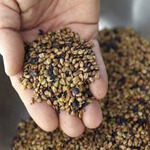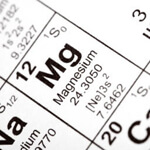
According to an article published on the Genetics Home Reference website, an estimated 65 percent of the world’s population has difficulty digesting lactose, a sugar found in animal milk, after infancy. While people of East Asian descent are the most likely to suffer from lactose intolerance, it also affects large populations of the United States and Europe. Shortly after consuming animal milk, these individuals often suffer from a host of unpleasant symptoms ranging from abdominal…










